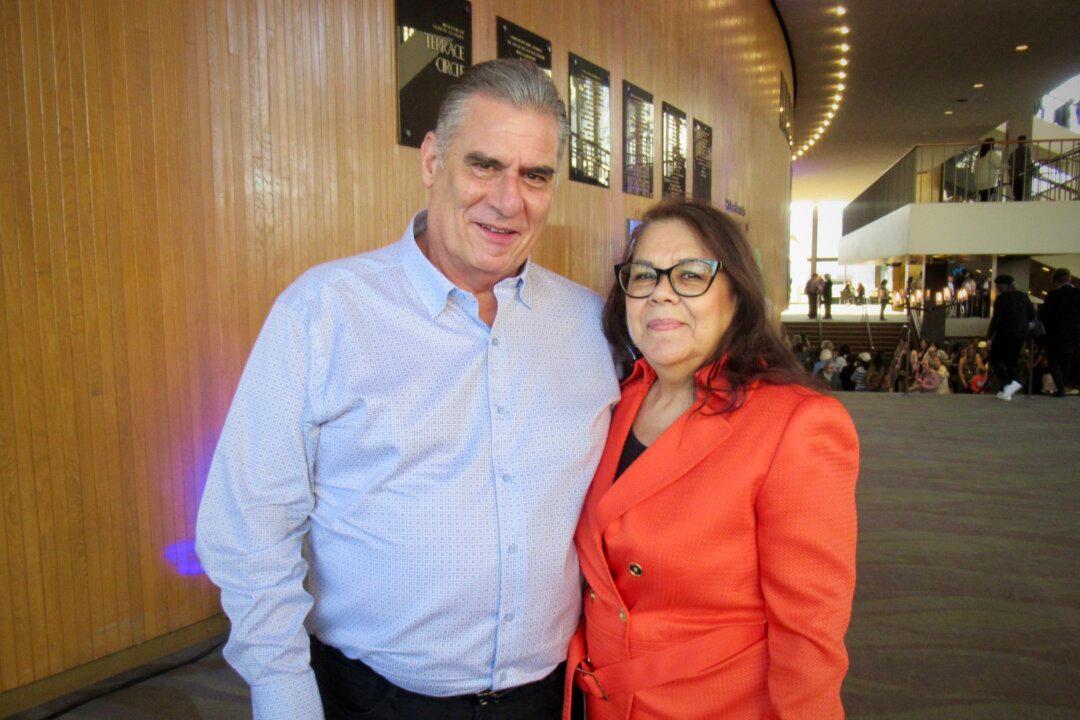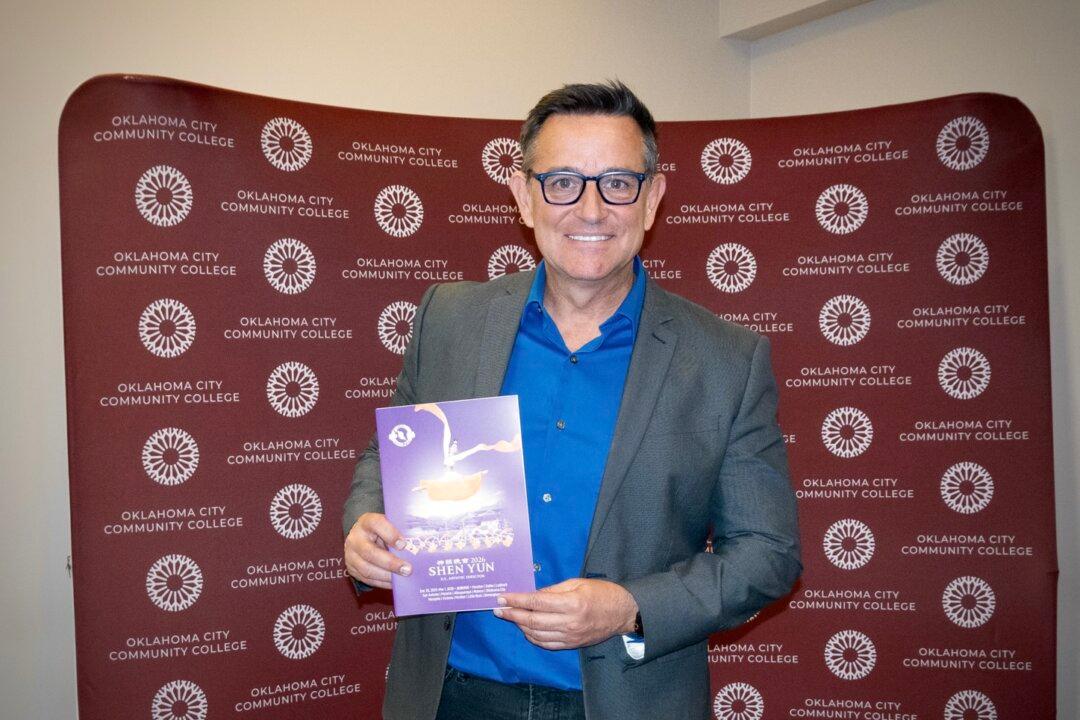CHISINAU—Moldova’s president accused Russia on Monday of planning to use foreign saboteurs to bring down her tiny country’s leadership, stop it joining the European Union, and use it in the war against Ukraine.
President Maia Sandu made her comments after Ukrainian President Volodymyr Zelenskiy said last week his country had uncovered a Russian intelligence plan “for the destruction of Moldova,” and days later the country’s government resigned.





